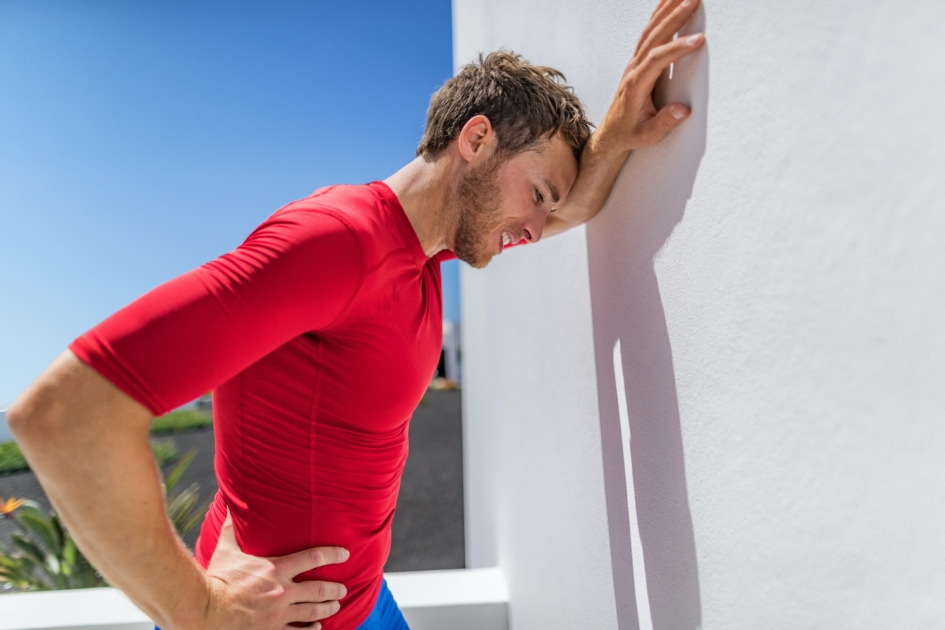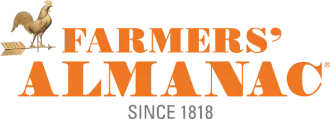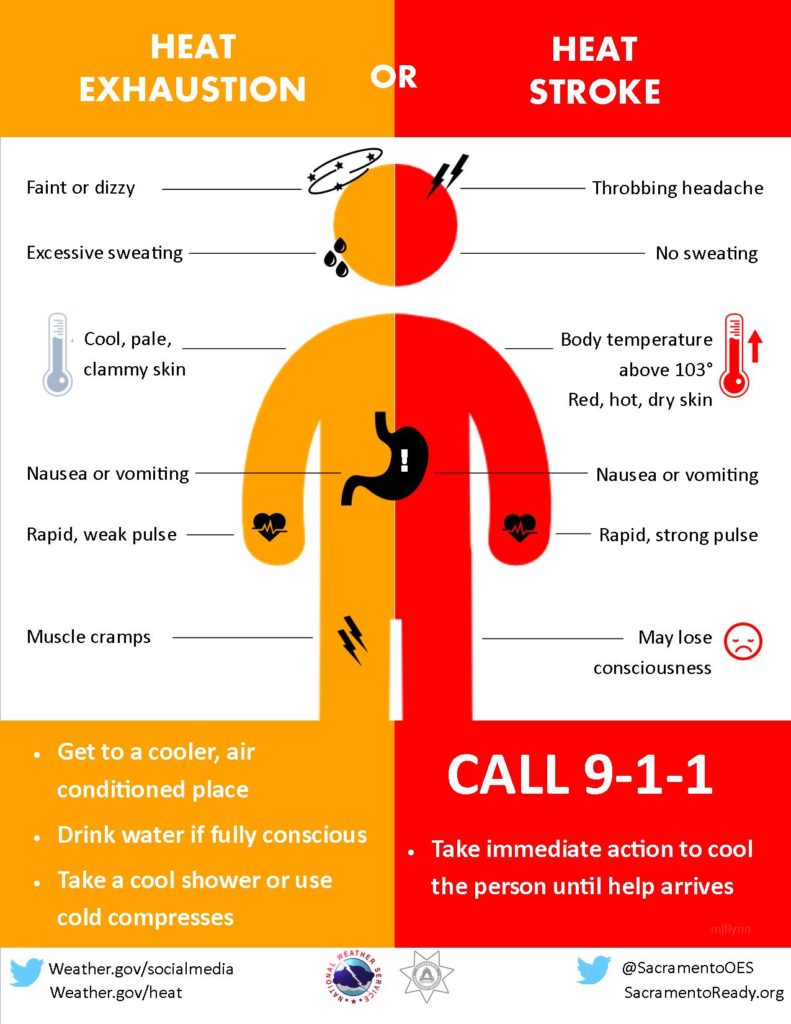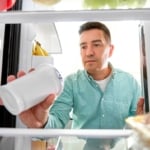Preventing Heat Exhaustion and Heat Stroke
Much of the U.S. under a severe heat advisory. Here are some tips to follow to prevent and treat these heat-related illnesses.

It’s getting hot in many areas across the country, and soon summer temps will be here. Those working or playing sports outdoors during high temperature days need to take great precaution against heat exhaustion and heatstroke. Here are some tips to follow to prevent and treat these heat-related illnesses.
Drink water hourly to keep the body hydrated. Starting work earlier in the morning and quitting early in the afternoon is advisable for those laboring in extremely hot temperatures.
Individuals who perspire a lot when working outside in severe hot weather may experience a cramping sensation in their legs, arms or stomach. If cramping occurs while laboring in the heat, it is most likely a sign of heat exhaustion. Heat cramps occur due to a lack of salt in the body.
Heat Exhaustion
Signs of heat exhaustion are:
- paleness of skin
- weakness
- feeling faint
- nausea
To treat heat exhaustion or heat cramps, follow these steps.
- Stir a teaspoon of salt into a liter of water and drink it. Repeat this once every hour until the cramps stop.
- The individual should sit or lie down in a cool or shaded place and gently massage the cramping areas.
- Individuals experiencing weakness or nausea as well as leg cramps should lie down with feet raised while someone rubs the legs.
Heat Stroke—More Serious
Heat stroke is much more serious but less common than heat exhaustion. How heat stroke differs is that the skin becomes red, hot and dry. A high fever is present and the person will either feel very ill or become unconscious. In this situation, the body temperature must be lowered immediately. Professional medical help is necessary in cases of heat stroke. Move the heat stroke victim to shade and soak him with ice water, if possible and fan him until help arrives or the fever drops.
Taking a few wise precautions can help keep your time outdoors productive. This article is not intended to replace the advice of your medical professionals, especially if other medical conditions exist.
Source: Where There is No Doctor by David Werner.

Deborah Tukua
Deborah Tukua is a natural living, healthy lifestyle writer and author of 7 non-fiction books, including Pearls of Garden Wisdom: Time-Saving Tips and Techniques from a Country Home, Pearls of Country Wisdom: Hints from a Small Town on Keeping Garden and Home, and Naturally Sweet Blender Treats. Tukua has been a writer for the Farmers' Almanac since 2004.






